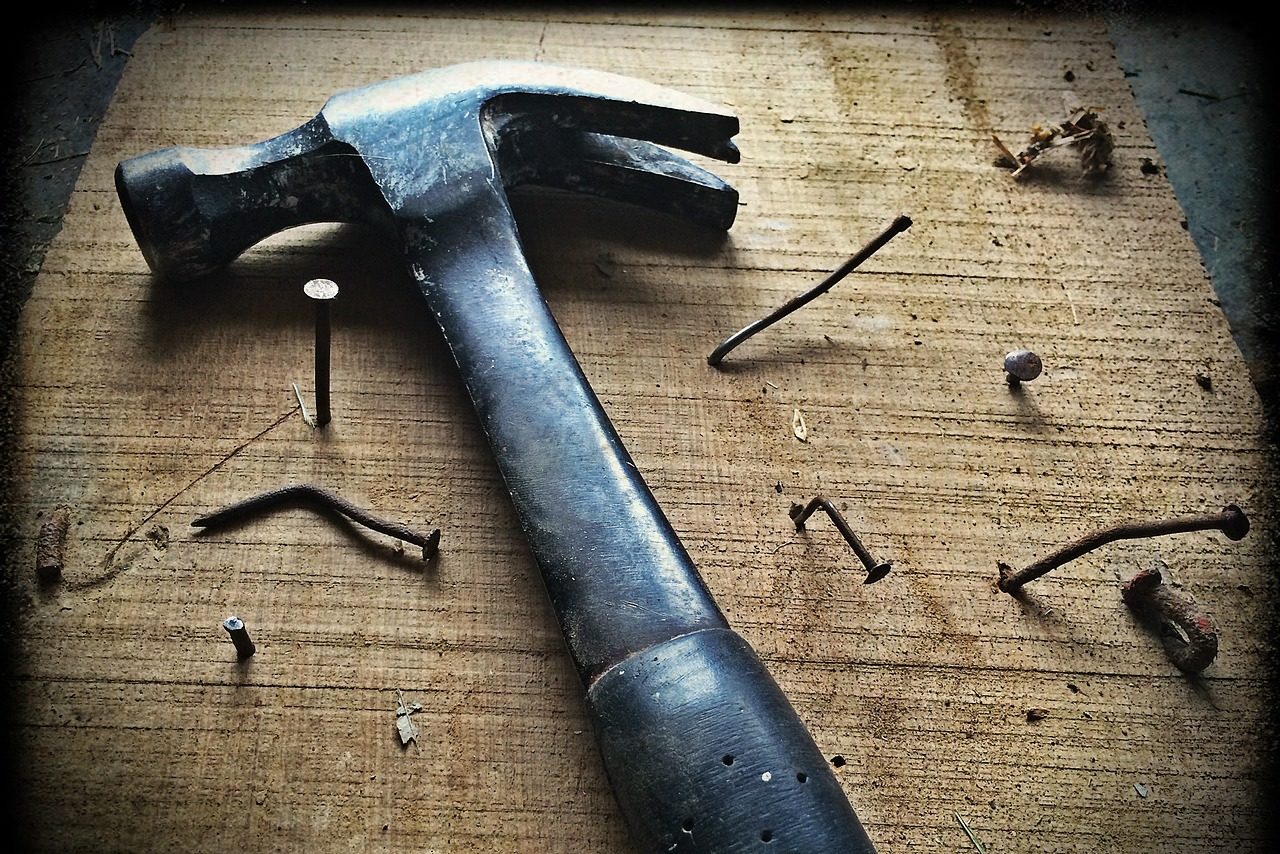Leadership is hard. All leaders will eventually confront this reality. Sure, leadership can be attractive and seductive, but that doesn’t mean it’s obligation-free. When you’re a leader, the demands on you are fast-moving and unrelenting. Your direct reports are wanting attention, fair treatment, growth opportunities, guidance, and recognition. At the same time, the people you answer to expect you to produce results. Everybody serves somebody. This is true even if you stand at the apex of the organization. In publicly held companies the CEO answers to a board and shareholders. In privately held companies the owners often answer to siblings, a spouse, and/or a board of advisors. Unless you’re the top banana in a banana republic, you answer to somebody. And that somebody always wants something from you.
The Pressure Points
The common pressure points are responsibility, delivering results, and performing the leadership role. The pressure points are not extraordinary or unusual. In fact, they’re rather commonplace and banal. Each pressure point is universal and familiar. It is against the backdrop of the normalcy of these leadership pressures that hubris can remain hidden, ready to strike when you least expect it. For it is when you are under a tremendous amount of leadership pressure that you’ll be the most vulnerable to succumbing to hubris’s influence, and when you are most likely to do harm to yourself and others. Hubris turns a leader’s attention away from enriching the lives of others, to enriching himself.
When we asked world-renowned executive coach and author Marshall Goldsmith what makes leadership so hard, he replied, “Why is leading so hard? Why is staying in shape hard? Why is being a good person hard? It takes the courage to honestly look at ourselves in the mirror – and see ourselves the way our colleagues see us. It takes the humility to admit that we can always improve. And It takes the discipline to work at self-improvement day after day. None of this is easy. Most leaders either can’t or won’t do it. This is why great leaders– like great people in any field–are very rare.”
Doing the Hard Work
Leadership takes introspection and inner toil. It requires continually working on and improving, yourself. For a combination of reasons, the more powerful you become as a leader, the more complacent you may get about doing the work. First, you’re just busier, and making time for self-development may seem, well, selfish when considered against more pressing priorities. Second, you start getting used to having other people do work on your behalf, yet self-work can’t be delegated. Third, you’ve kind of gotten what you set out to get: more responsibility, more influence, and more money.
The need to work harder on yourself may seem beside the point now. Why bother? In fact, though, the opposite is true. The more your leadership power grows, the more strength it will take to harness that power. The surest way to keep hubris at bay is to honor the work required to be a good leader with a continual regimen of honest self-evaluation and deliberate self-development. Mark Divine, the founder of SEALFIT, says,
“Humility is essential to mental and spiritual fitness, and needs to be practiced on a daily basis.”
The great psychologist Carl Jung once said, “There is no coming into consciousness without pain.” The work ahead will not be easy and will involve fierce honesty, self-evaluation, and exploration, and, as Marshall Goldsmith and Mark Divine suggest, a strong dose of humility. The truth is, being (or becoming) a good leader takes hard work, persistent effort, and grappling with all shades of your human nature.
Are you ready to do the hard work?
This post is drawn from concepts in The Leadership Killer.



